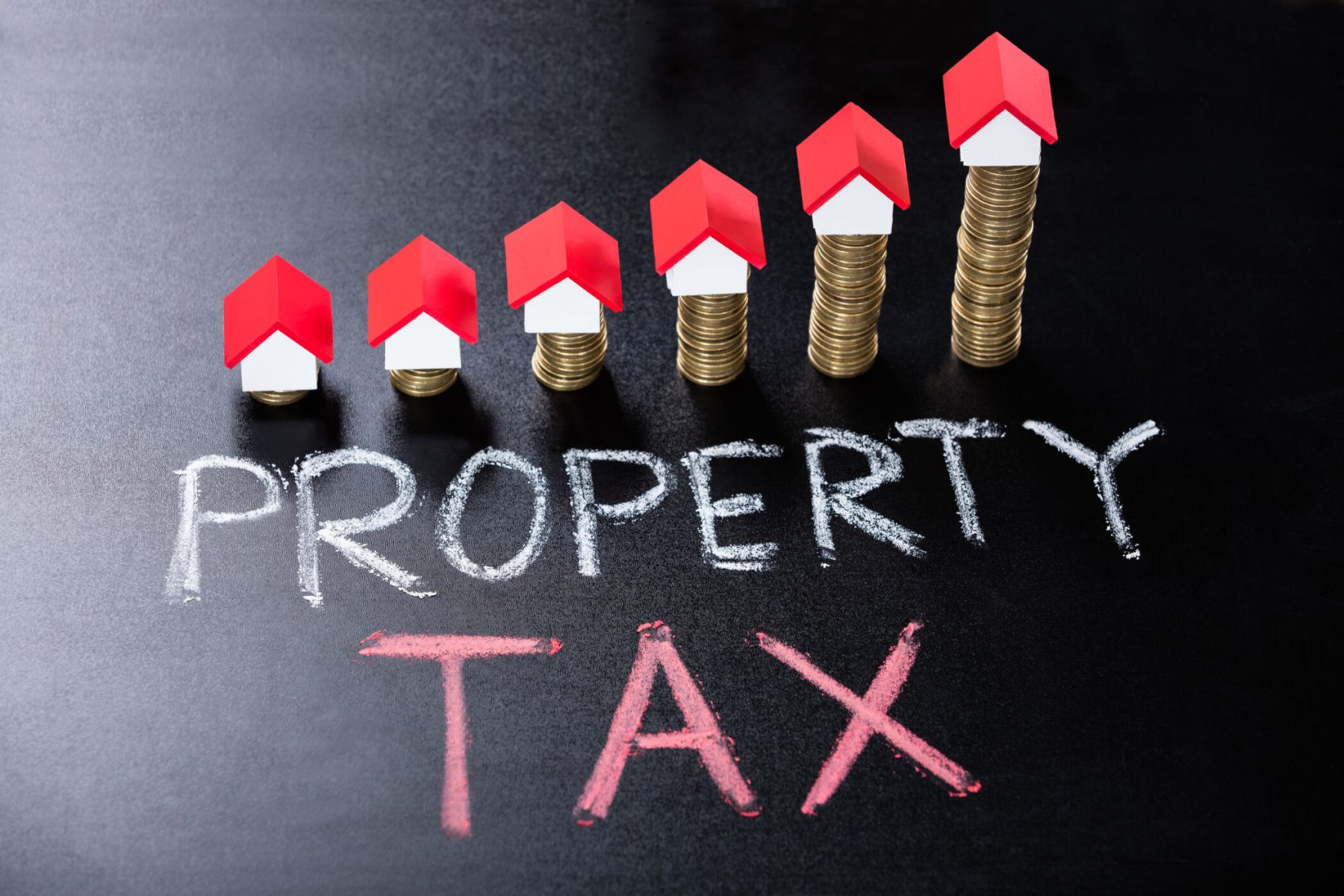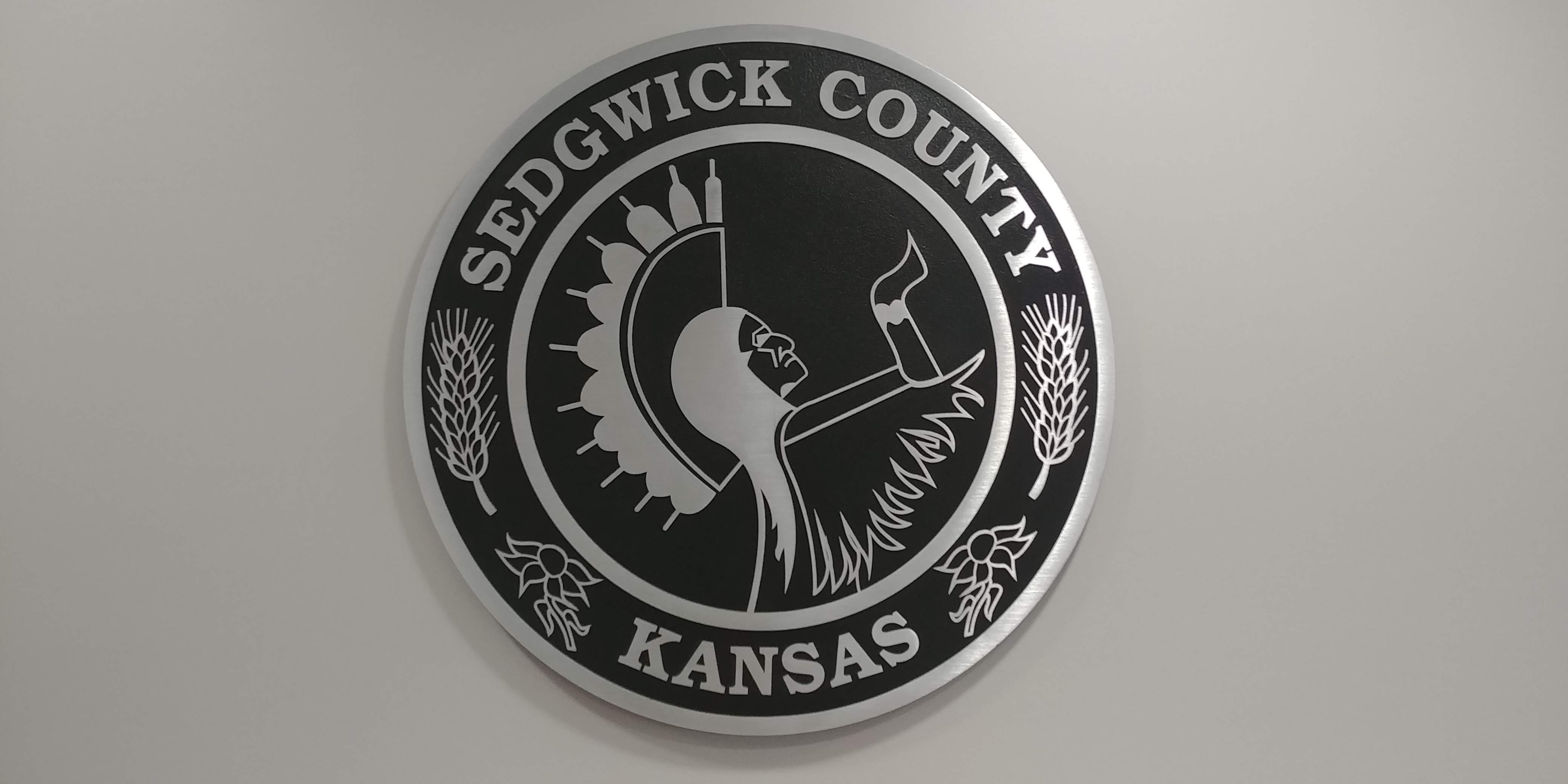The House Taxation Committee hearing on HB 2062 featured the relatively-new idea of car sharing and an established rental car industry giant in a debate over taxation and its effects on a company’s bottom line.
The legislation would exempt rental car companies from excise taxes on transactions, but reimpose property taxes on them for the first time in over 30 years in Kansas.
Think of car-sharing as the automobile equivalent of an Airbnb: An owner offers their vehicle on a local marketplace for rent. The local customer searches for the model of vehicle and features they want, and a deal is made.
Laura Manno of Turo, Inc., the largest of these marketplaces established in 2010, testified the rental car companies now enjoy a competitive advantage over the car-sharers:
“In 1991, an exchange was created in statute through SB 14 where rental car companies would no longer be required to pay the vehicle property tax in exchange for an excise tax on rental receipts. The goal at the time was to recoup the loss from the property tax exemption through the excise tax. That, however, has not been the result of this legislative exchange. Instead, Kansas generates $3.7 million annually in revenue from the rental car excise tax, (a Department of Revenue official updated that amount to $5.4 million in her later testimony) but loses an estimated $20.7 million in revenue from the property tax exemption. According to the Kansas Legislative Research Department, the property tax makes up more than half of the tax receipts for counties, school districts, cities, and townships in Kansas and those entities would benefit greatly from the restoration of their tax base.
“At its core, HB 2062 is a bill of fairness and sound tax policy. This measure would eliminate the excise tax for those renting vehicles in Kansas and reinstate the property tax on vehicles purchased by rental car companies, as is already required of all others who purchase vehicles in Kansas, including peer-to-peer car sharing hosts like those who list their vehicles on Turo.”
She added the “tax swap” would also benefit her competitors in car rental, and level the playing field with a cross-state rival:
“Currently, Kansas residents can cross the border into Missouri to get a rental car without paying an excise tax. Should HB 2062 become law, those Kansans could get a rental car right here without burdensome taxes.”
Arturo Diaz of Enterprise Rent-a-Car, founded in 1957 and which also owns National and Alamo rental car companies, testified in opposition to the bill. He questioned the amount of property tax involved, referring to an earlier conferee’s testimony in which was mentioned there were around 15,000 rental cars in the Kansas market, and that local governments were being deprived of some $20.7 million in property tax:
“At around $400-$500 per vehicle (in property tax), if you divide $20 million by that average, you’re talking almost 50,000 units; prior testimony estimated about 15,000 registered rental cars in Kansas. That’s a really hard number to come by.”
He reasoned the cost of property taxes and accounting for them instead of excise taxes would ultimately be passed on to customers:
“”It depends on the value of the vehicles, but I know with an excise tax (3.5%) it is a lot easier to calculate. We don’t have to worry about what county vehicles are registered in, we do the calculation and send in the check. At that point, the states have to divvy up the money to the counties that are entitled to those funds. But certainly, we’re going to be absorbing that cost and it would have a negative impact on Enterprise.”
If approved by the committee, the measure would go to the full House for consideration.
If signed into law, HB 2062 would take effect July 1st of this year.
Editor’s Note: This story was amended to reflect no excise tax is imposed on peer-to-peer car sharing transactions, and the estimate of 15,000 rental cars in Kansas was not provided in testimony by Laura Manno of Turo.



